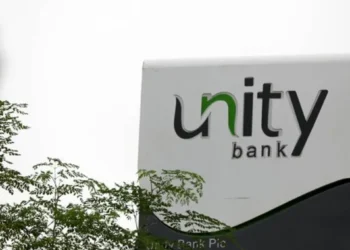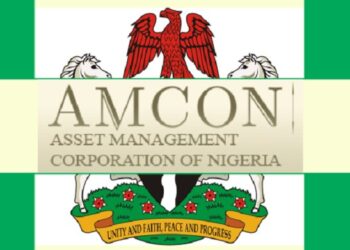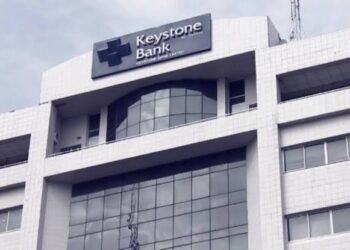The current LinkedIn bio of the CEO of Multi-Trex Integrated Foods Plc., Dimeji Owofemi, reads “Standing Up To Receivership Threat and Maintaining Sanity Through Long Drawn Legal Battle,” and it is nothing short of apt. Since the company was incorporated in 1999, its focus had been clear – process cocoa beans, export industrial cocoa products, and manufacture and market cocoa-based consumer products. Even with a grand launch by the President, State Governor and Bank executives, it didn’t take long before it became a stark shadow of its aspirations.
The first domino fell in 2008. Having been incorporated in 1999 and becoming a public limited liability company in 2008, the desire for expansion became the very thing that set the company on a downward path. In order to expand its operating facility towards improving its economies of scale and profitability, it attempted to raise N6.2 billion equity through a Private Placement Offer (PPO). Thinking nothing could go wrong, it secured a 180-day bridge loan from Skye Bank Plc. towards the early commencement of the production of the composite plant. Unfortunately, it was about the same time as the global 2008 crisis; investors were terrified. The private placement was undersubscribed; not willing to take chances, Skye Bank placed the Multi-Trex loan with AMCON – a move the bank made supposedly to free-up liquidity.
READ ALSO: Nigeria is in a weak financial position to absorb recession shocks —Bismark Rewane
On this note, it became an AMCON debtor in 2011, making it almost impossible for it to raise the required funding to pull itself out of the ditch. At this point, the loans now amounted to N8.52 billion. It also didn’t take long before AMCON moved in and seized the company. At this time, the company’s capacity had grown from 10,000 tons in 2008 to about 65,000 tons. Compounding the problem, it got suspended by the Nigerian Customs Service (NCS), with the use of Negotiable Duty Credit Certificate (NDCCs) to settle import duty payments due to Government having been operating below the required capacity and this led to the tying down of over N3.5 billion of the company’s working capital. CBN’s prohibition of banks from lending to companies indebted to AMCON above N5 million only aggravated the situation. The gloom further set in when operations were forced to shut down, production stopped, and over 300 staff are said to have lost their jobs.
By June 2014, AMCON wrote to the company offering a settlement of N6 billion conditionally. However, as a result of the unavailability of funds, the company accepted it, requesting for an extension of time to meet the deadline for the main instalment. It didn’t have a choice. By September of the same year, the company was left with N2.25 billion as full and final settlement for what was left of the company’s debt which was now already sold to AMCON.
READ MORE: World Bank says Nigerian banks are at risk of being destabilised by COVID-19
By October 2014, the CBN came up with a circular, permitting DMBs to resume lending to AMCON-Obligors albeit with perceived unattractive terms and conditions. By November, it was finally able to offer a new repayment program to AMCON. Things sped up when Justice Mohammed of the Federal High Court, Abeokuta, threw out the case as an abuse of court process, amongst others. It was at this point that Multitrex regained the power to immediately take over possession of its factory premises and reopen for business.
By August 2017, both AMCON and the company reached an amicable resolution, with the management of AMCON giving access to the company to carry out all necessary activities towards the eventual commencement of operation. The resolution gave the business the opportunity to commence operations at the last quarter of 2017. Having come out of ‘jail,’ what waited on the other side were defaulted listing obligations, negative retained earnings, and more.
Even with Nigerian Export-Import Bank (NEXIM) concluding arrangements to provide a N5 billion loan to the company as working capital – their little bit to support the growth of the private sector, the journey ahead is steep. The company is still on the Nigerian Stock Exchange’s Caveat list, as they appear to be distressed. Multi-Trex will pay for its two years of closure with stunted growth for an even longer period, a fate that is a product of the society it exists in as well as a few left turns on its part. Given the unfavourable economic terrain, Multi-Trex has even more to fight for until it regains its balance.






















